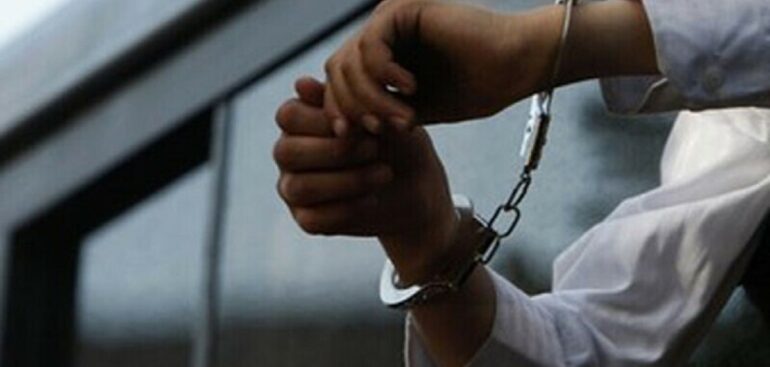New data obtained under the Right to Information Act reveals that 25 women are currently incarcerated in various jails across Punjab province on accusations of blasphemy. The information, provided by the Inspector General of Prisons Punjab in response to an RTI request filed by Sarmad Ali, an advocate at the Lahore High Court, underscores the significant number of women entangled in legal proceedings under Pakistan’s contentious blasphemy laws.
According to the data, 20 of the women are under trial, two have been convicted, and three are categorized as “unconfirmed condemned prisoners.” The figures highlight the extensive application of blasphemy laws, which continue to be a subject of intense debate on both national and international platforms.
Breakdown of Imprisonments by Jail
The highest number of accused women—11—are held in Central Jail Lahore, where nine are under trial and two have been convicted. These cases fall under various sections of Pakistan’s blasphemy law:
- Section 295B (desecration of the Holy Quran): 4 women
- Section 295C (derogatory remarks against the Prophet Muhammad PBUH): 2 women
- Section 295A (acts intended to outrage religious feelings): 4 women
- Combined charges under Sections 295A, 295B, and 295C: 4 women
Other prisons across Punjab also report cases of women accused under similar charges:
- District Jail Sialkot: 1 woman under trial for charges under Section 295A.
- District Jail Faisalabad: 2 women, one facing multiple charges under Sections 295A, 295B, and 295C, and another charged under Section 295B.
- Central Jail Rawalpindi: 2 women, with one facing charges under Sections 295A and 295C, and the other under Section 295C alone.
- District Jail Attock: 2 women imprisoned under Section 295B.
- District Jail Rahim Yar Khan: 1 woman charged under Section 295B.
- Multan Women’s Jail: 6 women, of whom five are under trial and one is listed as an “unconfirmed condemned prisoner.”
Legal and Social Implications
Blasphemy laws in Pakistan, particularly Sections 295A, 295B, and 295C of the Pakistan Penal Code, have long been criticized for their potential misuse and the severe consequences they entail. The disproportionate impact of these laws on women adds another layer of complexity to an already polarizing issue.
The revelation of these figures raises important questions about the judicial process and the conditions faced by those accused of such sensitive charges. Critics argue that these laws are often misapplied or exploited, leading to protracted legal battles and severe personal and social repercussions for the accused.
Call for Attention
The data underscores the urgent need for a balanced discourse around blasphemy laws, their enforcement, and their broader societal impact. For the 25 women currently imprisoned, these statistics represent not just legal proceedings but lives marked by uncertainty, stigma, and fear.
The issue calls for reflection from policymakers, legal experts, and civil society to ensure that justice is served fairly and equitably while safeguarding against the misuse of laws intended to protect religious sentiments.
